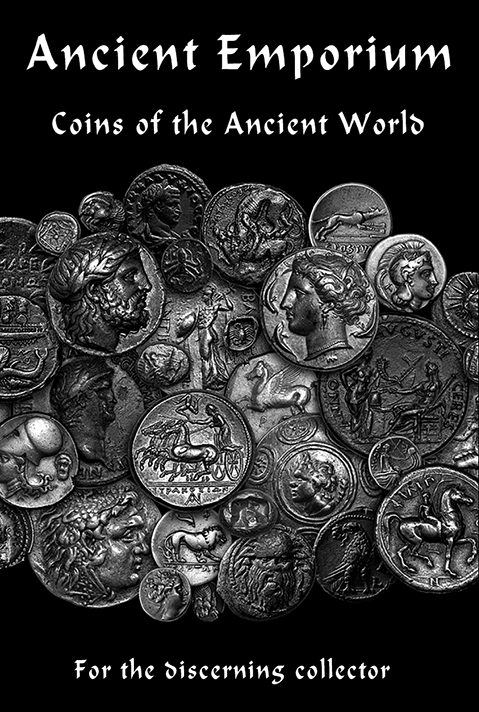Two ancient artefacts have been withdrawn from auctions after suspicions were raised that they had been illegally smuggled out of Italy.
 |
| The jug offered for sale may match one in an archive of smuggled items [Credit: Arca] |
Christie’s had been due to sell a Greek glass jug thought to date from the 2nd-1st Century BC, while Bonham’s had listed a 3rd Century BC pottery box.
They were withdrawn after an antiquities expert identified them as having been sold by Italian smugglers.
The auction houses said they were working to check the items’ origins.
Dr Christos Tsirogiannis of the University of Cambridge’s Division of Archaeology identified the two items.
He said the wine jug offered by Christie’s, a glass oinochoe, matched one in the archive of items traded by Giacomo Medici, who was convicted of conspiracy in international trafficking in antiquities in 2004.
Christie’s valued it at £4,000-£6,000. Its provenance dates to an auction at Sotheby’s in 1988 and it was sold again by Christie’s last year.
Dr Tsirogiannis said the ornate pottery vessel, valued by Bonham’s at £3,000-£5,000, matched an item thought to have been dealt by Gianfranco Becchina, who was convicted in Rome in 2011.
Bonham’s said it was acquired by a private collector from from Ariadne Galleries in New York in the late 1980s.
A spokeswoman for Christie’s said: “We take illicit trade extremely seriously and work with all the international agencies to ensure that we sell only works of art which are legal to sell.”
Auction houses do not have access to the archives used by Dr Tsirogiannis to trace the items.
“This is a rare incident where additional information regarding provenance, previously not accessible to our researchers, has come to light. Therefore we have withdrawn the work,” the Christie’s spokeswoman added.
A statement from Bonham’s said: “We take immense trouble to check and verify the history of any object we sell and work closely with the Art Loss Register, the British police and Interpol on establishing accurate provenance.
“At this point there is no evidence to show that it was illegally excavated. But we take any such intimation very seriously and hence we have withdrawn it for further investigation.”
Dr Tsirogiannis said the withdrawals were part of a wider problem with items that had been excavated and sold illegally reaching the market.
“This is not an unusual case, I’m afraid,” he said. “This is happening at least once a year.”
Source: BBC News Website [April 02, 2014]



